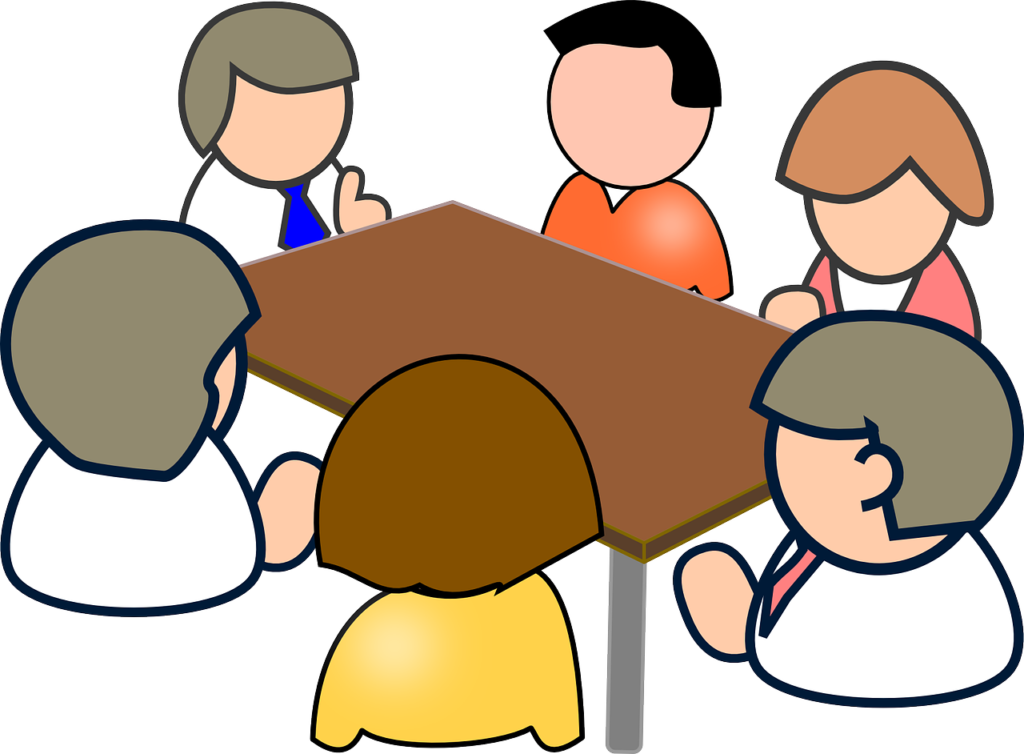Modern conveniences have become such an indispensable part of our lives that many of us would find difficult to live without. These could be something you use everyday like the Internet, smartphones, or public transportation.
These conveniences have not only make things easier but have also become ingrained into our daily lives until we barely notice their impact. What is less visible are the hidden costs of having and using these conveniences.
The Marvels of Modern Conveniences

Technology, especially the Internet, undoubtedly takes the crown for having made our lives easier.
Take digitization, for instance. Almost everything is digitized in this day and age, from information to meal deliveries. All you need is an Internet connection with a compatible web browser, and the possibilities of the World Wide Web is within your reach.
This has dramatically changed the way we live our lives, professionally or otherwise. For example, you can work for a complete stranger from the comfort of your home by simply signing up on the numerous freelance websites. You can also earn your degree online while at home from the many institutes that provide such a service. Few people would have imagined these to be possible prior to the mass adoption of the Internet.
Other areas where technology has influenced the the way we live include the discovery of electricity and improvements in transportation. Technology has also impacted our health, with many people now living well into old age.
And the good news is that technology continues to progress rapidly, even though flying cars are not yet a reality. Those who were around even 100 years ago would think that humans are now living in a Utopia!
The Pitfalls of Modern Conveniences

So what’s wrong with modern conveniences, you ask? Have they not made human lives better overall? They have indeed. This nevertheless doesn’t discount the fact that there are hidden costs involved with the adoption of these conveniences.
Here are a few examples.
#1 Food manufacturing – many food products found on supermarket shelves contain palm oil extracted from the palm fruit. Palm trees are being cultivated on a large scale in Asian countries like Indonesia and Malaysia so much so that many animal and human settlements have been displaced as a result. This destroys not only natural habitats but at times can wipe out an entire culture. Humans coming into frequent contact with wild animals also increases the chance of diseases transmission.
#2 Mobile Phones – again, one of those inventions that has drastically improved so many of our lives. The downsides? Our human-to-human interactions have diminished greatly, and mobile phone addictions have skyrocketed. Losing our mobile devices can make us feel as if we have lost a part of ourselves. Furthermore, this overuse of mobile phones affects not only our eyesight but also our sleep.
#3 24/7 Connectivity – remember the days when newspapers were delivered daily to your front door? Those days are long gone for most of us. Our appetite for instant gratification has led to us preferring to get our news via websites and/or platforms such as Twitter. This is good and bad. The good is that we do not have to wait. The bad is that it is harder to ascertain real from fake news. This constant connectivity also causes senses overloaded along with a feeling of numbness.
#4 Plastic – stop and take a look around you to count the number of visible plastic objects. This wonderful invention that is lightweight and durable has penetrated our lives so deeply that many don’t even pay attention to it. Plastic is not good or bad. The issue is how difficult it is to biodegrade plastic wastes without serious consequences for our environment’s health.
#5 Transportation – Air, noise, and water pollution are three major issues that have appeared since humans switched to using machines for transportation. Air pollution is the most obvious since all fuel-based machines emit carbon dioxide. Noise pollution is less discussed but can be a major nuisance even if you don’t happen to live near an airport/airfield. And water pollution, which includes waste discharge from factories and accidents like major oil spills, endanger not only marine life but also humans.
These are but a few of the myriad issues that modern conveniences have negatively brought to our lives, inadvertently or otherwise.
So What Can You Do?

We are not saying that you should throw away your smartphone right now. Rather, we would like you to be more informed the next time you use or buy something about the hidden costs involved with said usage/purchase.
Here is a list of things that you can do without getting rid of modern conveniences.
#1 Set a Curfew – for yourself and if possible, for your loved ones when it comes to screen time. This could improve your relationship with your family while also helping to reduce eye strain. Putting down your laptop or phone an hour before bed also helps you to sleep better.
#2 Stop Throwing Away Reusable Plastics – reuse plastic materials as many times as possible and dispose of them properly when they are no longer reusable. Check your local area for plastic recycling companies to see if any exists.
#3. Cook Your Own Meals – learning to cook can be fun, especially if you can involve the family. Nothing beats being able to create great memories with your loved ones while also saving money. You also get to decide what goes into your food.
#4. Talk a Walk – walking is what humans are born to do, so whenever possible, stop taking the car or public transportation and go for a walk instead. You will discover many things that you would have otherwise missed. Walking can also be good for your joints’ health.
#5. Read a Physical Book – there is something special about the feel of paper that no eBooks can imitate or replace.




